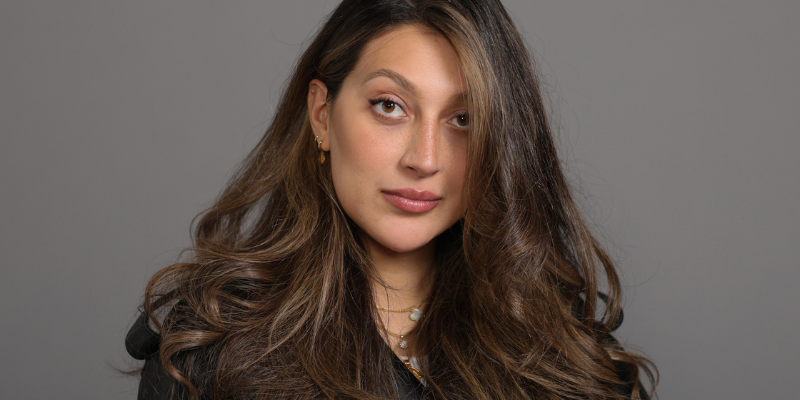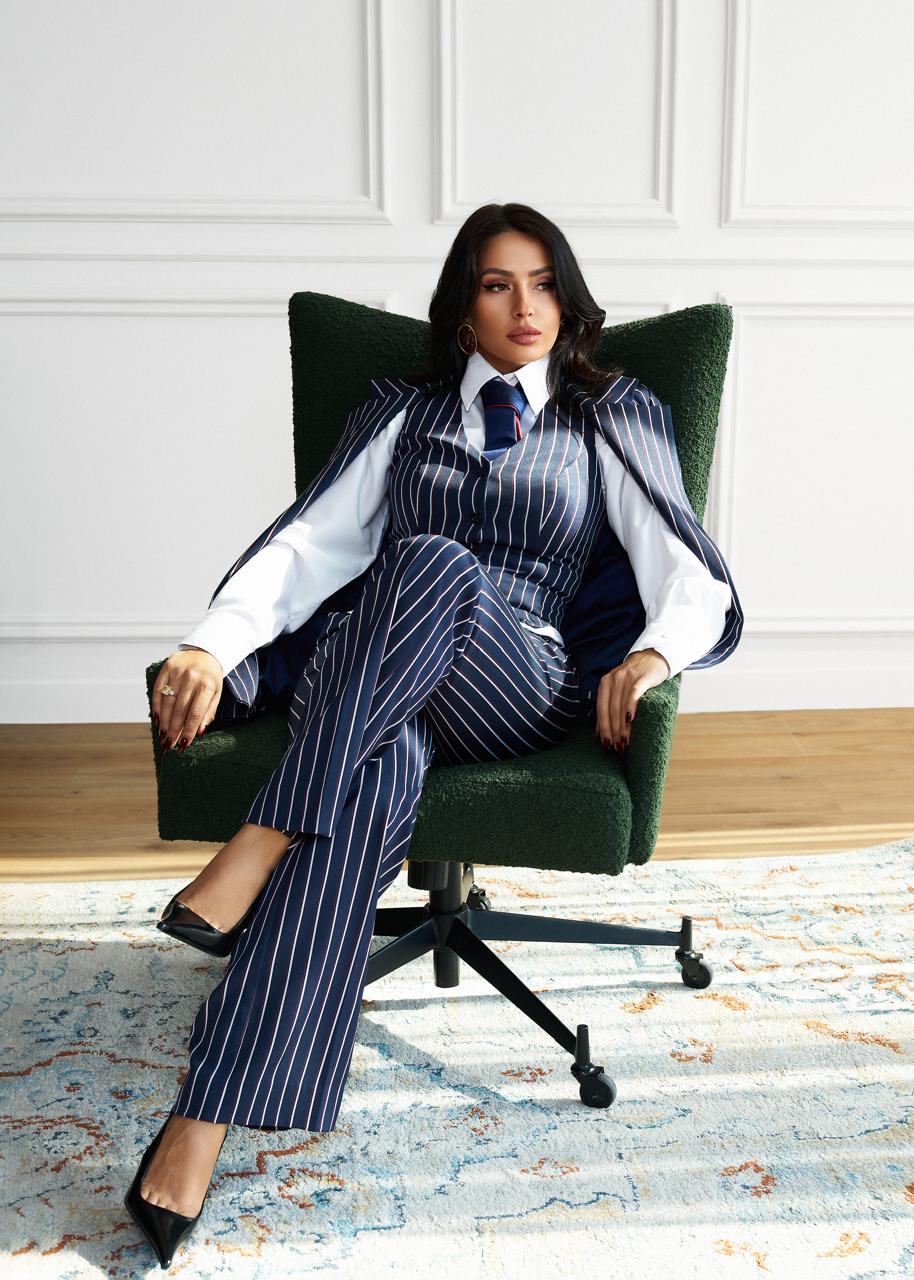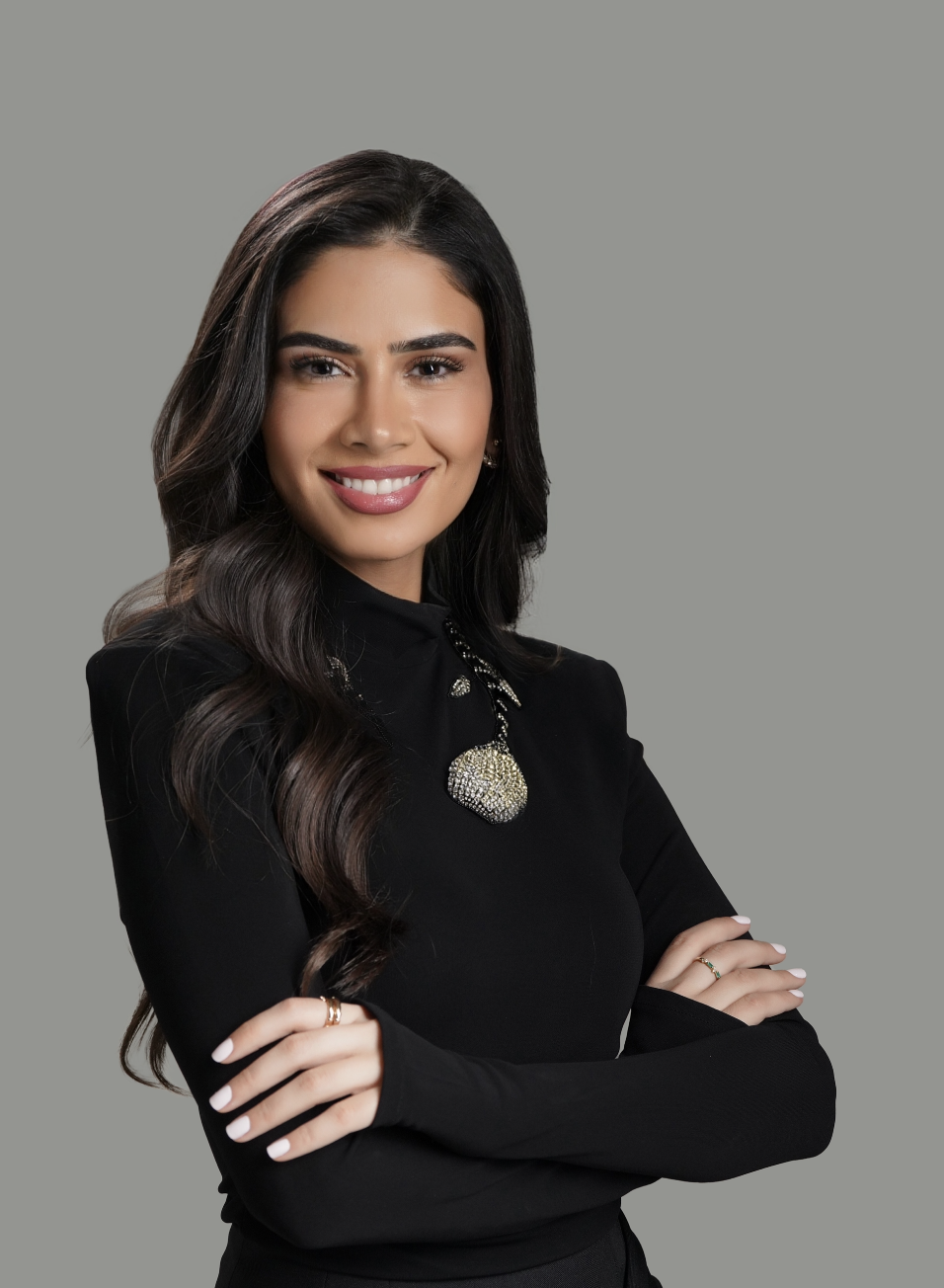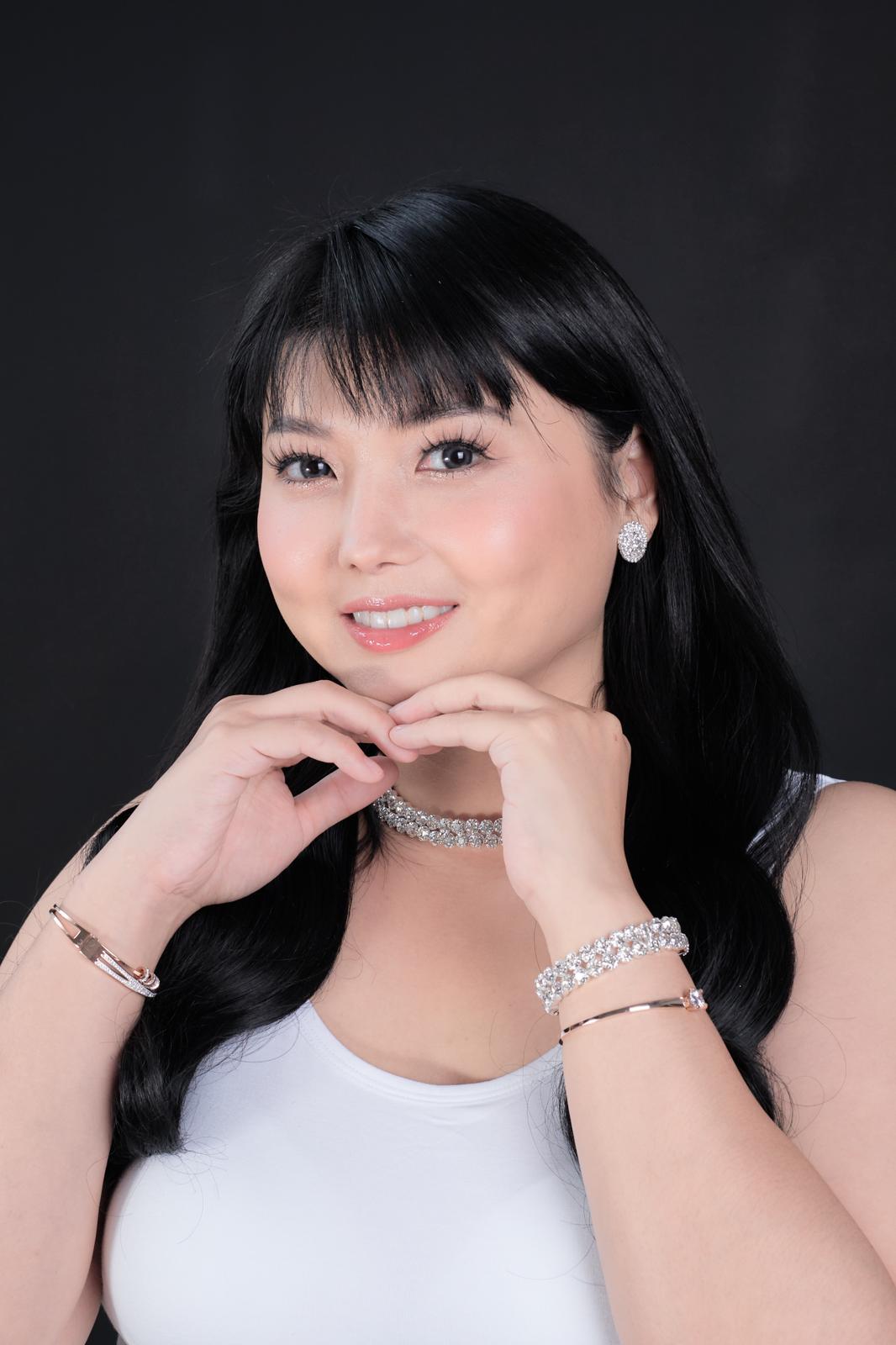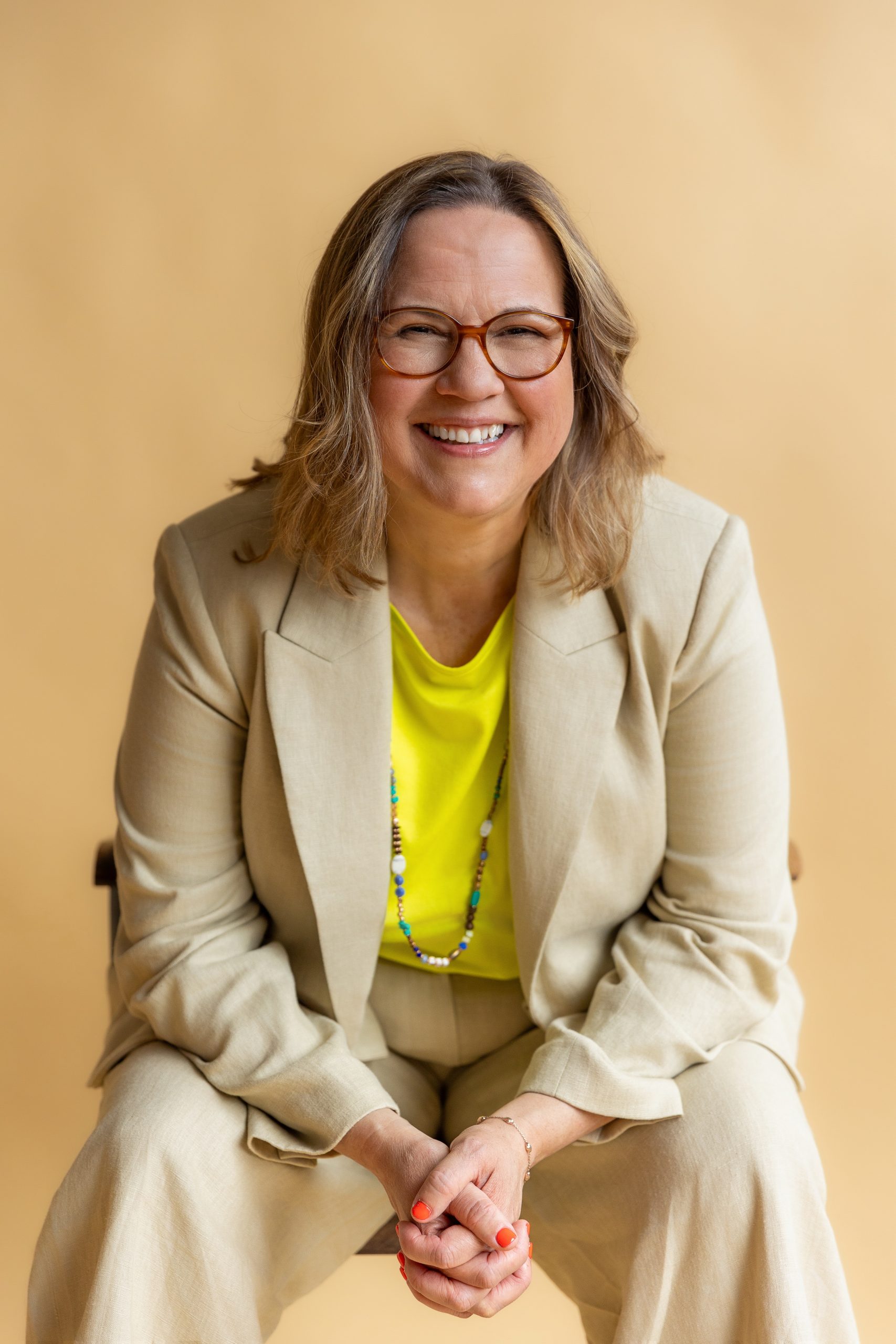From aspiring designers to art curators, several names in the industry have been making their mark and innovating in the region.
One of the trailblazers of the next generation in the UAE is Sarah Alagroobi, an artist, designer, and co-curator of the BANAT Collective.
We spoke to her about her pride in her UAE heritage, what she loves about the UAE, and her hopes for the future.
Growing up in this region, there has been so much change over such a short period of time. What has it been like growing up during this time?
I spent most of my formative years outside of the UAE, so I was able to dip in and out of its transformational growth. I feel like the UAE is one of the only places in the world where you could leave for a short period of time, only to come back to a completely different landscape. It’s definitely been a source of inspiration to be a part of what the country has achieved over the last 50 years.
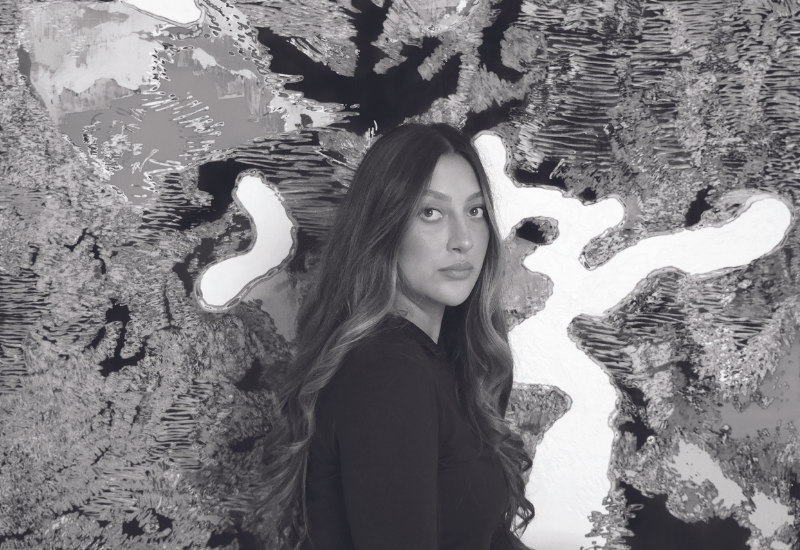
What do you love about being from the UAE?
The UAE is a multicultural and diverse nation that is comprised of so many cultural complexities. It is an honor and a privilege to be able to grow as the country is growing to witness all of its successes. Brene Brown argues that all over the world “we are living in a culture of scarcity”, which is being “hyper-aware of the lack”. I do not believe this is true from the UAE’s perspective, I feel it is quite the opposite in that we are living in a culture of abundance.
We recently celebrated 50 years of the UAE, what do you envision for the next 50 years of the nation?
The UAE is a blueprint for a society that is thriving in so many industries. It is transforming at such a rapid pace and we are so privileged to be witnessing an artistic galvanization of how we interpret identity and individuality. I envision a transformative, innovative, and bright future for what is to come.
How do you hope to pave the way for future generations?
I do believe it is a social responsibility to contribute to civic society. After all, within the creative industries, culture is created through the lens of civic society, so my hope is to be a vehicle to open as many doors for the future generation. Whatever obstacles we faced in our experiences, we grow from them and eliminate them for the people of tomorrow.
You’re an incredibly accomplished artist and creative – where do you get your inspiration for your pieces?
A lot of my inspiration comes from my existing surroundings, I do enjoy discussing social commentary and that feeds into the topics I uncover in my art practice. Inspiration can stem from a simple conversation with a fellow artist, we are all on this journey together, so we protect each other and want the best for each other. We are each other’s inspiration. It is a cyclical process of helping each other out and building a sense of community.
In particular, which piece are you most proud of to date?
I am proud of everything that I have accomplished. There isn’t one specific piece that sticks out because everything served its purpose at the time at which I created it. I also invite failure because I do not see it as such. It is just a learning curve. During the early stages of the pandemic, I found myself recycling a lot of old paintings and recreating new ones from discarded material, in a way it was breathing new life into canvases so there is a reintroduction to existing works that I thought were complete. What they were, were iterations of a large thesis statement that I found myself working on.
What are your hopes for the future of women in this region?
The women of this region are embracing the complexities of intersectionality and how being a woman plays a huge role in the way they navigate their own paths. My hope is that that path is further cemented to pave the way for other women that will come after them. It’s paying it forward in order to amplify development and creativity. My hope is that this collective continues long after we are gone and that a legacy is what drives the matriarchs of our nation to build a better future.
What have been some of the hurdles you’ve experienced in your career, so far?
I am a contrarian by nature, so the core essence of my character is anti-conformist. That in itself presents a lot of hurdles because I follow the beat of my own drum and because we are in a society that protects itself through homogeny it is important to carve out your own sense of individuality. That can be challenging at times, but it is getting easier as the country expands in its diversity.
And what have been the key milestones?
Honestly, every experience is a milestone, however small it may be because it is contributing to the active change.
This is ‘The Future Issue’ – how do you hope to be a role model for future generations in this region?
I hope that my beliefs in advocating for cultural shifts are going to contribute to changes that will speak to the people, for the people, by the people. This is important for any society to thrive and as Mary Pipher writes in Reviving Ophelia, “Social change is a million individual acts of kindness; culture change is a million subversive acts of resistance.” We are just formulating our history and existing as change-makers. But we must acknowledge that we are not the subject of the story but rather the narrators of a larger story bigger than all of us.








